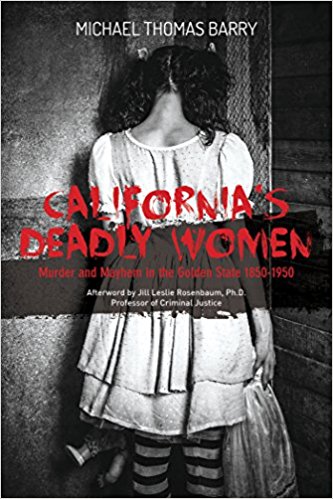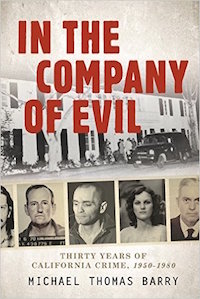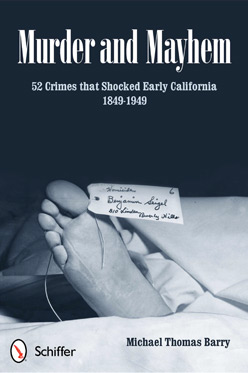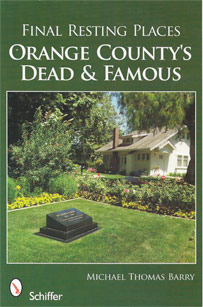08.21
On this date in 1883, the trial of outlaw Frank James begins in Gallatin, Missouri.
It was held in the city opera house in order to accommodate the crowds of spectators. After having robbed dozens of banks and trains over nearly two decades, Frank James finally turned himself in October 1882. Discouraged by the murder of his brother Jesse the previous spring, Frank feared it was only a matter of time before someone also shot him in the back for reward money. He decided to try his chances with the courts, hoping that his considerably public popularity would win him a short sentence. Frank’s trial went even better than he had hoped. Although Frank and Jesse James and their gang of desperados had killed many people, the majority of Missourians saw them as heroes who took money from ruthless bank and railroad companies and redistributed it to the poor. The state prosecutor had a difficult time finding jurors who were not prejudiced in Frank’s favor. Looking at the panel of potential jurors, he concluded, “The verdict of the jury that is being selected is already written.” After the trial began, several prominent witnesses testified to Frank’s character. General Joseph O. Shelby, who had known him during his days as a Civil War guerilla, encouraged the jurors to see Frank James as a defender of the South against corrupt big businesses from the North. When asked to identify Frank in the courtroom, the distinguished general exclaimed: “Where is my old friend and comrade in arms? Ah, there I see him! Allow me, I wish to shake hands with my fellow soldier who fought by my side for Southern rights!” Rural Missourians were unwilling to convict the legendary Frank James. The jury found him not guilty. The states of Alabama and Missouri tried to convict him twice more, on charges of armed robbery, with no success. In late 1883, Frank James became a free man. He lived quietly for 32 more years. The only shots he ever fired again were from starter pistols at county racetracks, one of numerous odd jobs he took to earn a living. He died at his family home in Missouri in 1915 at the age of 72.












